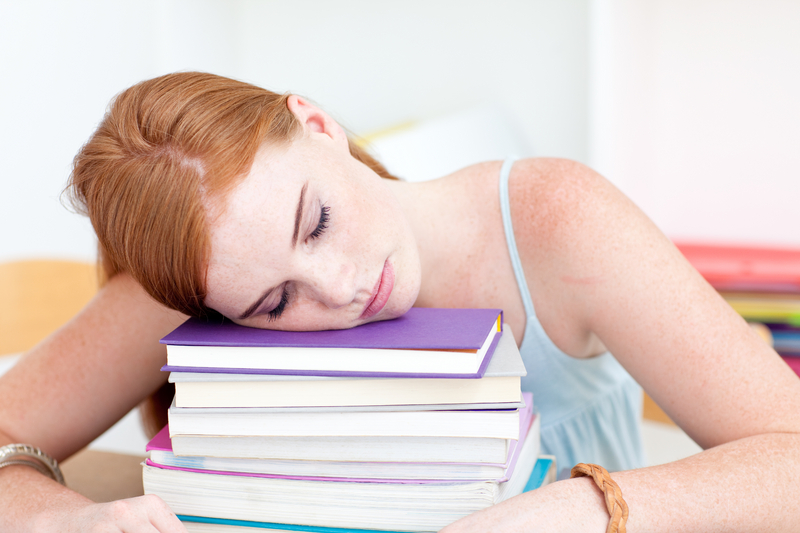Few Teens Get Help for Bouts of Depression

About 8 percent of U.S. teens suffered a major depressive episode at least once in the last year, but only about a third of them received any treatment for it, according to a new government report.
A major depressive episode lasts for at least two weeks and is defined by depressed mood, loss of interest or pleasure and problems with sleeping, eating, concentration, energy and self-image. The symptoms present in a major depressive episode are indicative of major depressive disorder.
"Depression among adolescents is a serious public health problem that is all too often overlooked and the consequences can be devastating," said Pamela S. Hyde, administrator of the Substance Abuse and Mental Health Services Administration, in a statement. "If depression among young people is identified and treated early we can turn a life around and reduce the impact of mental illness and substance abuse on America’s communities."
Teens who suffered from a major depressive episode over the last year were more than three times as likely as people without a major depressive episode to also have had a substance abuse disorder in the past year, according to the study of 22,626 12- to 17-year-olds throughout the United States.
The study also showed significant differences in the rates of major depressive events over the past year among different groups of teens. For example, teen girls were twice as likely as teen boys to have experienced a major depressive event over the past year (11.7 percent versus 4.7 percent), the study said.
The likelihood of having a major depressive event over the past year seemed linked to age — as teens grew older, their rates of having a depressive event rose from 3.6 percent of adolescents age 12, to 10.4 percent of teens age 15, according to the study.
Almost half of the 700,000 teens who suffered a major depressive event consulted with a medical doctor or health professional, but more than half were not prescribed any form of medication, the study said. Nearly 35 percent received medical consultation and medications, and 6.7 percent of the teens received only prescription medication, the study said.
Get the world’s most fascinating discoveries delivered straight to your inbox.
The study was released today (April 28) by the Substance Abuse and Mental Health Services Administration.
Pass it on: Many teens suffered a major depressive episode over the last year, but only a third of them received treatment for it.
Follow MyHealthNewsDaily on Twitter @MyHealth_MHND.
This story was provided by MyHealthNewsDaily, a sister site to LiveScience.
 Live Science Plus
Live Science Plus






